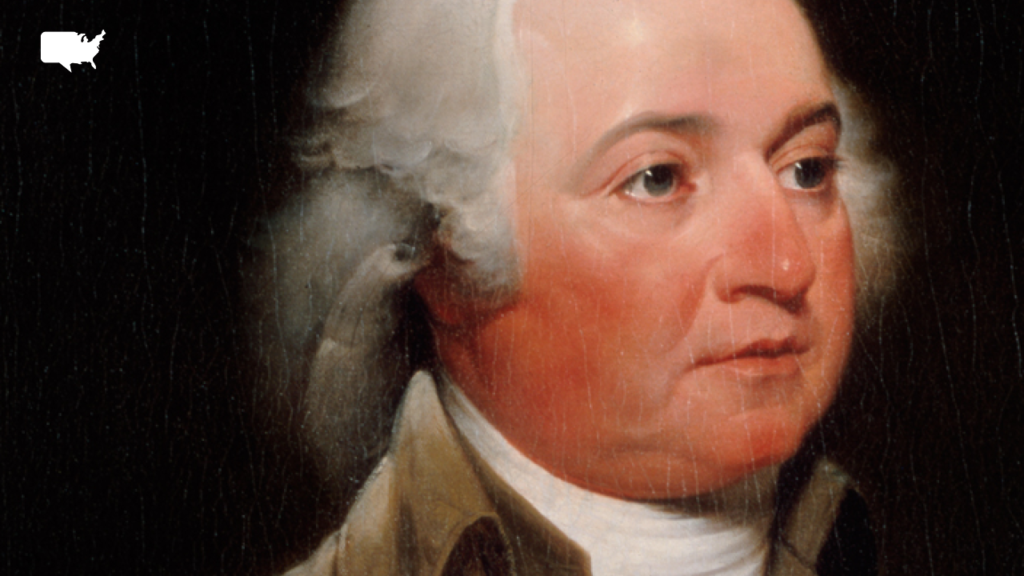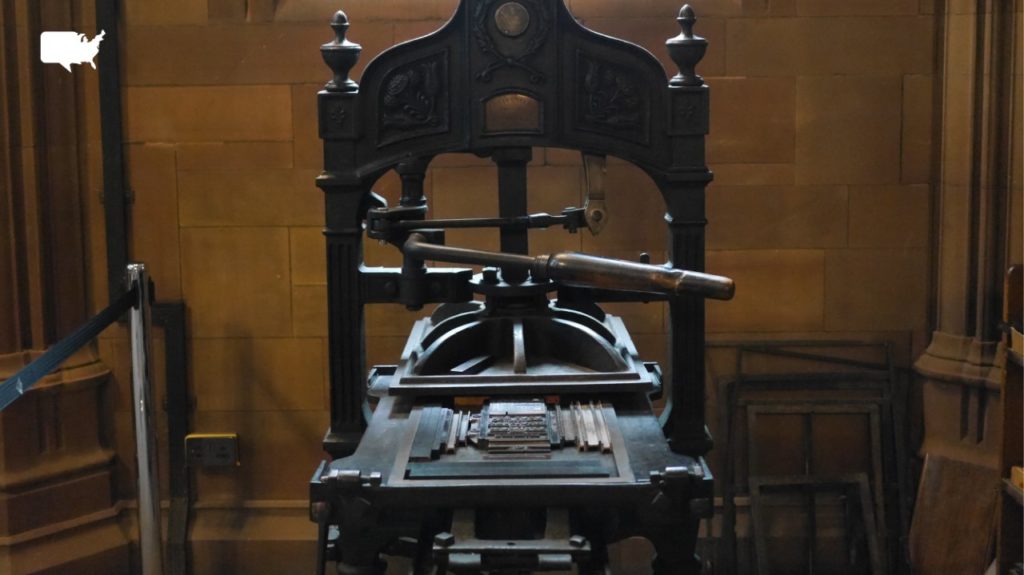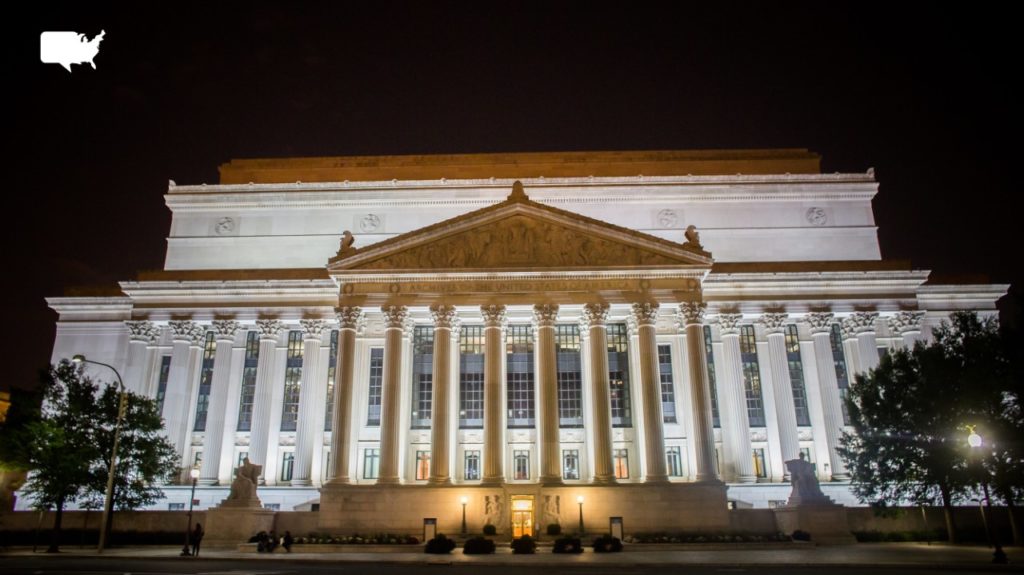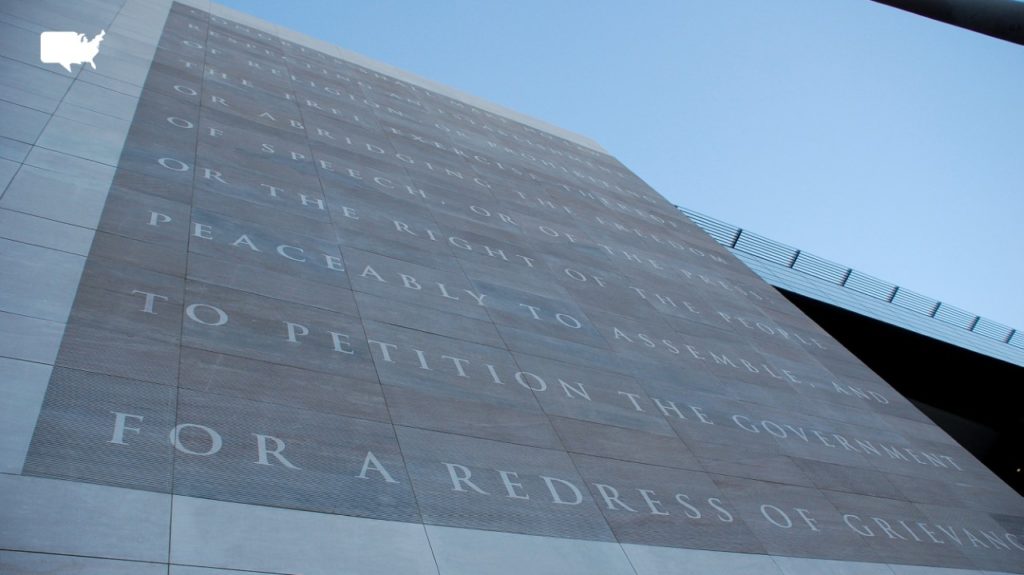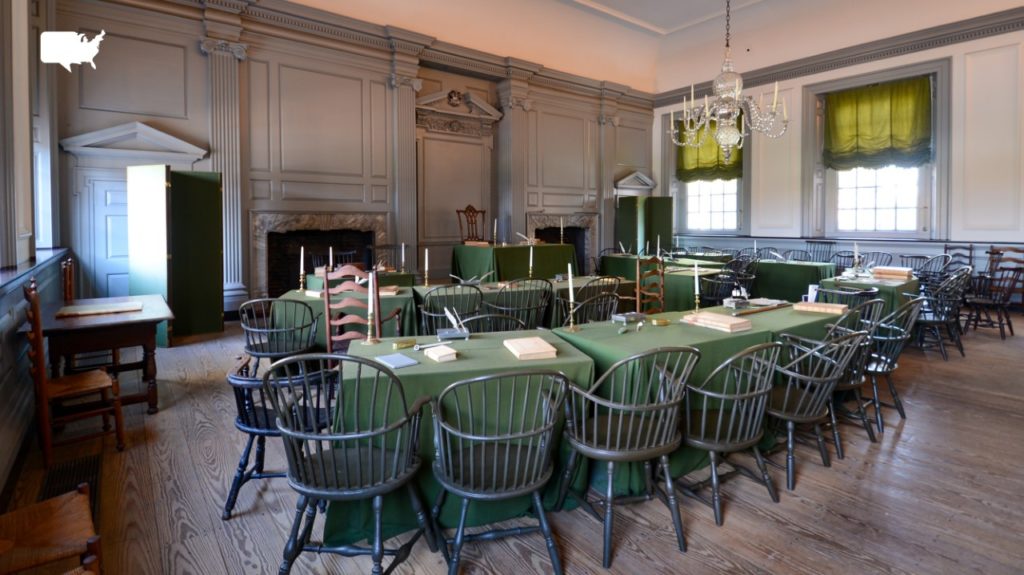In her 1805 History of the Rise, Progress, and Termination of the American Revolution, family friend Mercy Otis Warren harshly criticized John Adams for what she alleged was his apostasy from republicanism, positing that his long residency in Europe had caused him to favor monarchy and aristocracy. In a series of venomous letters written to […]
James Madison’s Federalist Essays as Aristotelian Political Education
In the words of Marvin Meyers, “all roads lead to Federalist 10,” the essay in which Madison famously argues that the extended republic of the United States will control the effects of factions: By taking in a diversity of interests, opinions, and passions, it is less likely any one of them will be able to […]
Was Madison a Strict Constructionist?
As members of the First Congress convened in early April 1789 to begin the process of implementing the Constitution, James Madison knew better than anyone the challenges that lay before them as they attempted to put into effect an innovative system of government based on a text that had different meanings to different people: “We […]
James Madison on a Free Press in a Republican Government
The famous case of New York Times v. Sullivan (1964) involved an advertisement, written by civil rights advocates in Montgomery, Alabama and published by the New York Times, criticizing the Montgomery police department for its handling of civil rights issues. The advertisement did not mention Montgomery’s police commissioner, Lester Bruce (L.B.) Sullivan. Nevertheless, Sullivan rightly […]
Madison’s Offering at Clio’s Altar
James Madison knew that he was living through an important epoch in human history. In November of 1782, he began keeping a congressional diary. He did not attempt to record everything that took place in Congress, but instead jotted down events that he suspected would be of interest to posterity and that he knew would […]

